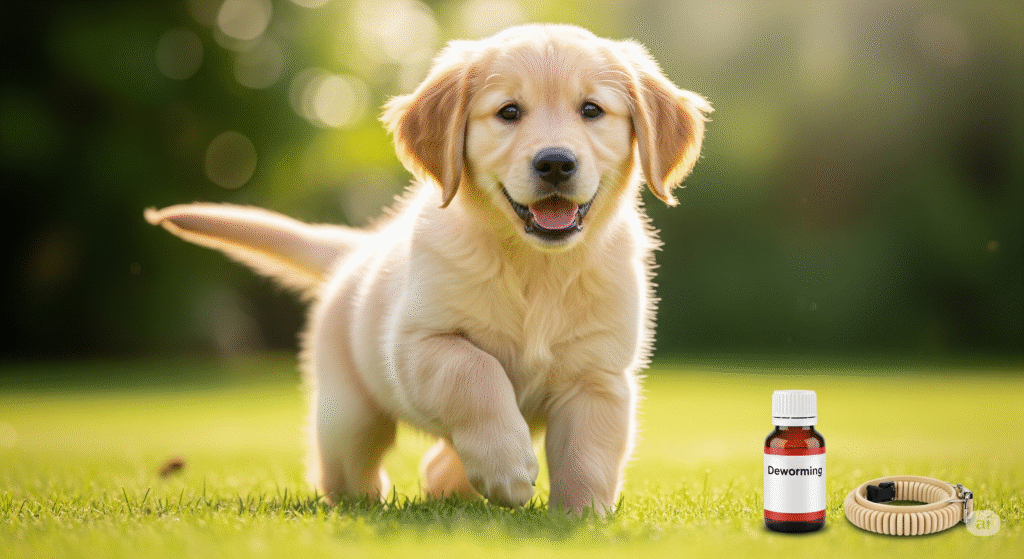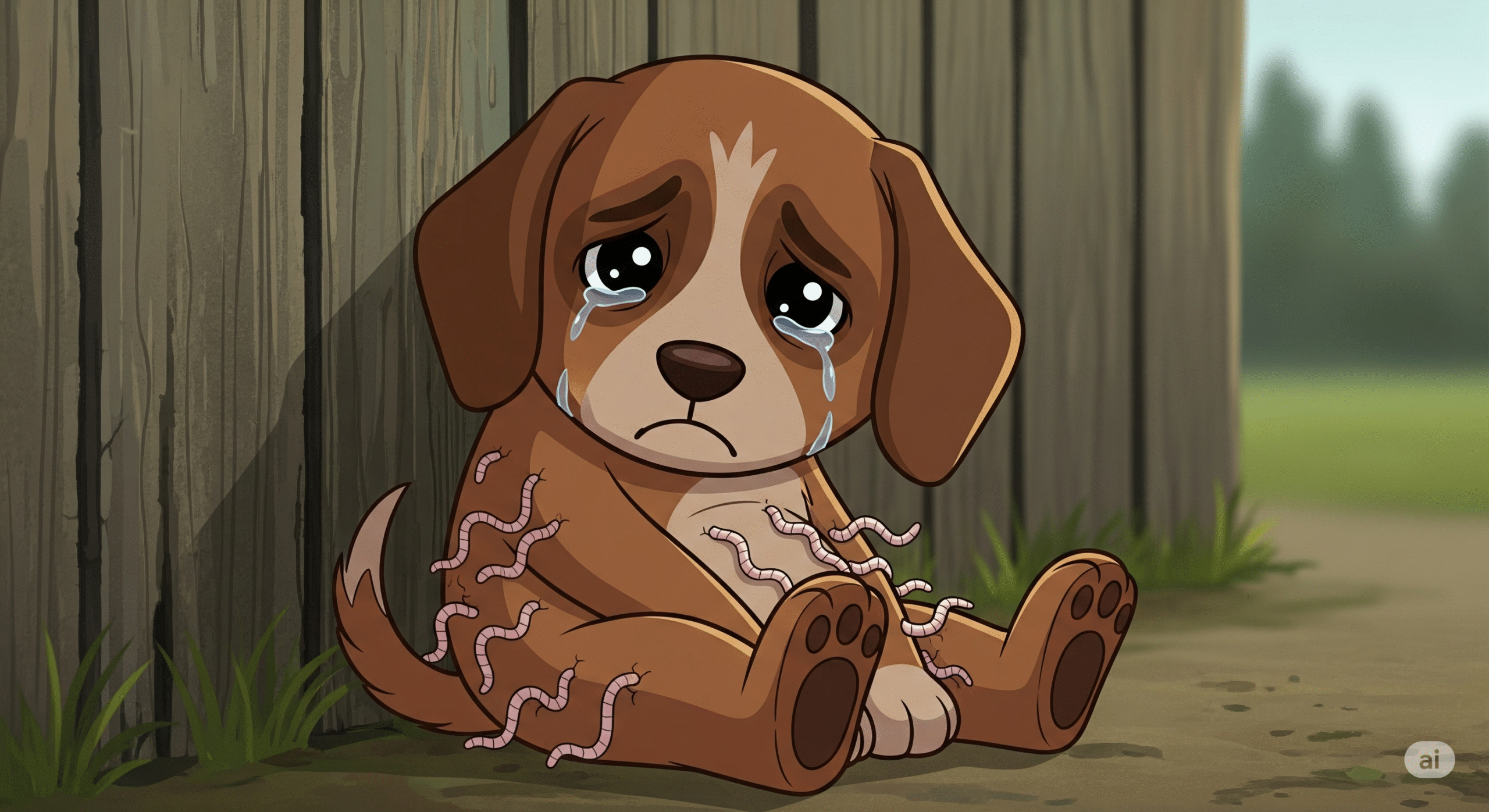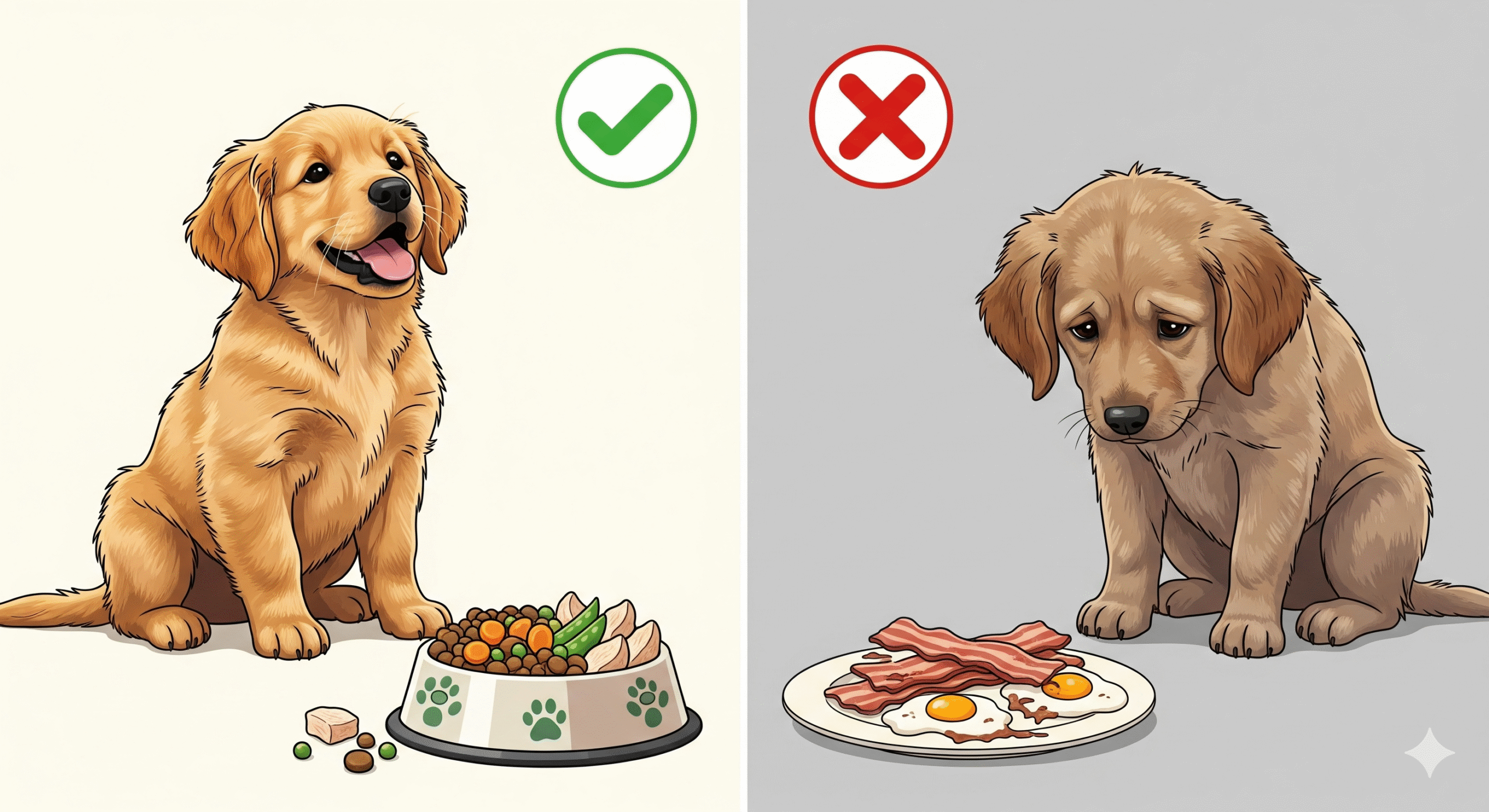Introduction
Puppies are especially vulnerable to puppy worms, which can cause serious health issues if left untreated. 🚨 Early detection and proper treatment are key to keeping your furry friend healthy. This guide covers the most common types of worms, warning signs, treatment options, and prevention tips to protect your pup.
Common Types of Puppy Worms
Puppies can contract several types of intestinal parasites. Here are the most common:
1. Roundworms 🌀
- Most common in puppies (often passed from the mother).
- Symptoms: Pot-bellied appearance, vomiting, diarrhea, visible worms in stool.
2. Hookworms 🪝
- Attach to intestinal walls, causing blood loss.
- Symptoms: Pale gums, weakness, bloody diarrhea, weight loss.
3. Tapeworms 📏
- Spread via fleas or infected prey.
- Symptoms: Rice-like segments near the anus, scooting, itching.
4. Whipworms 🌀
- Hard to detect but cause chronic diarrhea.
- Symptoms: Mucus in stool, dehydration, weight loss.
5. Giardia (Protozoan Parasite) 🦠
- Not a worm but a microscopic parasite causing severe diarrhea.
- Symptoms: Foul-smelling, watery stool, lethargy.
Signs Your Puppy Has Worms 🚨
Watch for these warning signs:
- Visible worms in stool or vomit (roundworms, tapeworms).
- Diarrhea or bloody stool (common with hookworms, whipworms).
- Scooting or excessive licking (tapeworm irritation).
- Weight loss despite a good appetite.
- Dull coat or bloated belly (roundworms).
⚠️ Note: Some worms (like hookworms) can also infect humans, so early treatment is crucial!
How to Treat Puppy Worms 💊
1. Veterinary Diagnosis 🏥
- Fecal test (microscopic exam to identify worm types).
- Blood tests (for severe cases like heartworms).
2. Deworming Medications 💊
- Roundworms/Hookworms: Pyrantel pamoate (Nemex, Strongid).
- Tapeworms: Praziquantel (Droncit).
- Whipworms/Giardia: Fenbendazole (Panacur) or Metronidazole.
3. Follow-Up Care 🔄
- Repeat fecal tests (some worms require multiple treatments).
- Hydration support if diarrhea is severe.
How to Prevent Puppy Worms 🛡️
Prevention is easier than treatment! Follow these steps:
✅ Regular Deworming Schedule
- Start at 2 weeks old, repeat every 2–3 weeks until 12 weeks.
- Adult dogs: Monthly preventatives (like Interceptor Plus).
✅ Flea Control (Tapeworms spread via fleas).
- Use vet-approved flea preventatives (NexGard, Bravecto).
✅ Clean Environment
- Pick up poop promptly (worms spread through feces).
- Disinfect bedding & bowls regularly.
✅ Avoid Raw Meat & Scavenging
- Raw diets can contain parasites.
- Supervise outdoor play to prevent eating infected soil/rodents.
When to See a Vet Immediately 🚑
Seek emergency care if your puppy shows:
- Bloody diarrhea or vomiting worms.
- Extreme lethargy or pale gums (signs of anemia).
- No improvement after deworming.
Final Thoughts
Puppy worms are common but manageable with early detection, proper treatment, and prevention. Stay proactive with vet visits and hygiene to keep your pup healthy!
CTA: Worried about worms? 🐛 Schedule a fecal exam with your vet today!

After any walk in wooded or grassy areas, it’s important to do a full-body check on your puppy for ticks. These parasites can attach quickly and transmit diseases like Lyme. Improper removal can increase the risk of disease transmission. If you find a tick, it’s crucial to remove it carefully and completely. For a step-by-step visual guide on safe removal and what to know about Lyme disease, please see our detailed resource: Ticks on Puppies: Removal & Lyme Disease.






